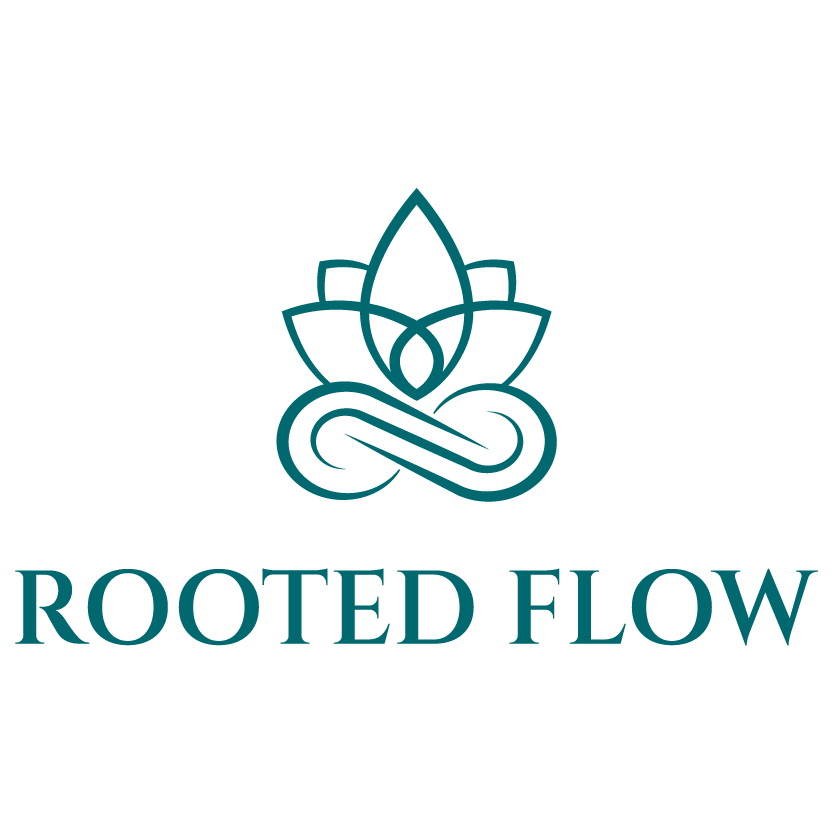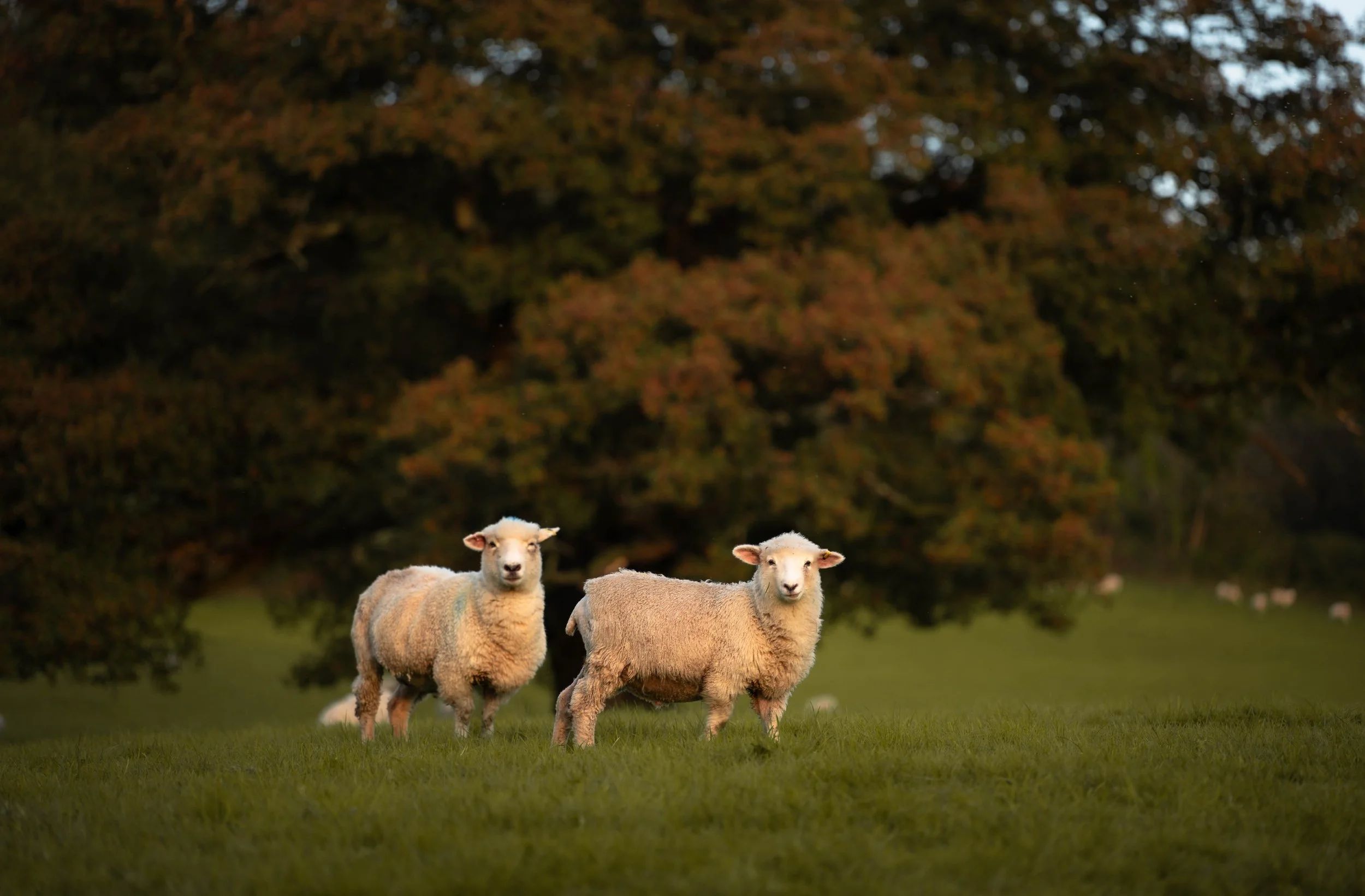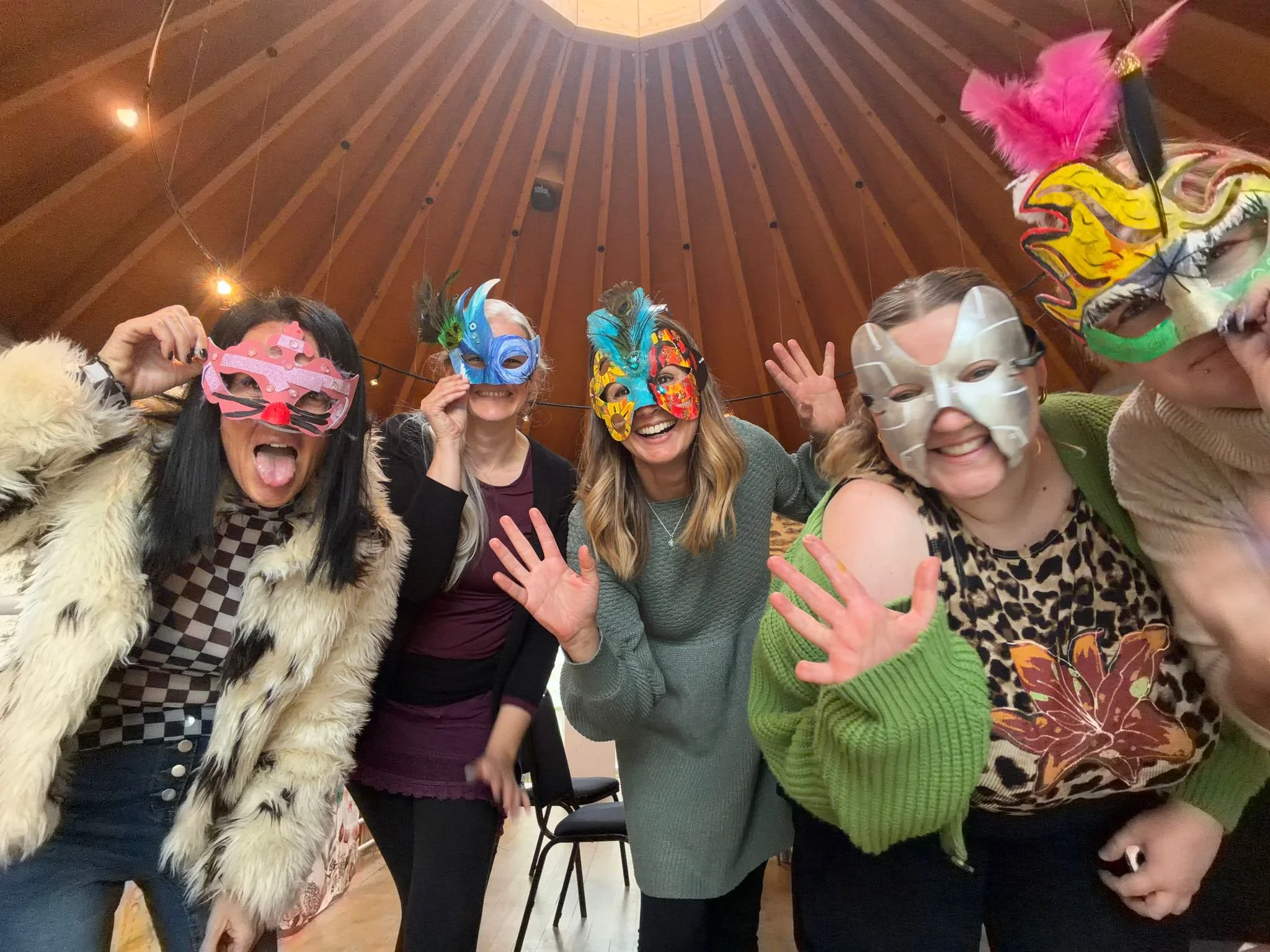How to Take a Neuro-Inclusive Coaching Approach at Work
Supporting people at work isn’t about fixing or managing harder, it’s about how we relate. In this article, I share why a coaching approach makes such a difference when working with neurodivergent or sensitive team members, and how it creates clarity, trust, and autonomy for everyone. You’ll find reflections from lived experience and simple, practical coaching questions you can start using straight away.
Unmasking You: Authenticity in Action
Last week, for World Mental Health Day, I ran a small creative coaching workshop on “Unmasking and Authenticity.” It reminded me that authenticity isn’t a destination, but a daily practice, both in life and within complex workplace systems. Here are five key takeaways that stood out.
The art of giving feedback through a Neurodiverse lens
Ever walked away from feedback feeling energised, clear, and ready to move forward? Or have you left conversations feeling stuck, shamed, or wanting to hide?
What makes the difference is how feedback is given and received. Done well, feedback shines a light on our strengths, helps us grow, and fuels confidence. Done poorly, it can overwhelm, confuse, or trigger defensiveness, especially for neurodivergent or sensitive minds.
In this article, I share tips on feedback in nature and some simple practices that can make this easier in and out of the workplace.




